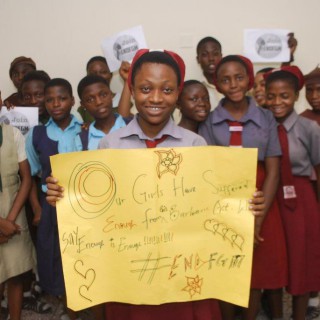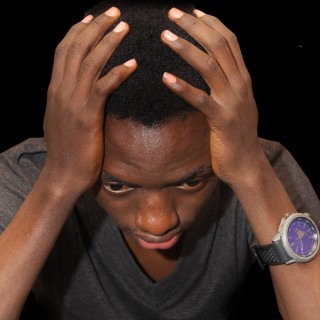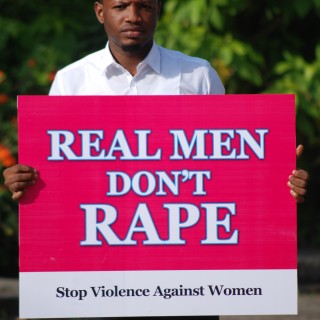Growing into manhood can be as difficult as you can imagine. You are saddled with choices about career, lifestyle and sex. You have to decide what your goals are and how to achieve them. It’s very easy to be influenced by peers. You do a lot of things, just because you want to “belong” or don’t want to feel “left out”. It is therefore surprising when people, especially ladies, pass negative comments about boys, whenever sex and a boy’s role is discussed. Some common lines that you hear are:
- “All boys are immoral”
- “All teenage boys want from girls is sex”
- “Boys use love to get sex”
- “Boys are insensitive to the feelings and the consequences of sex”
These generalizations are true in some cases, the blame should not be put on the male sex alone. The society and even the ladies should take some of the blame. Boys at an early age learn to be rough and tough and pursue certain careers. All of these are the result of what the society has set as the norms for boys. Also in many cases, even though lots of girls do no admit it, they ask boys for sex. When this request is turned down, her feminine pride is hurt, and so would go any length to make sure the guy’s name is dragged into mud. She could go on to say that he is a pervert, a homosexual and other tales.
Also, take a look at the reproductive health and education service organizations we have in the country. It would be seen that boys are rarely included when programmes and services are planned and implemented, when this should not be the case. Adolescent males are less informed than their females counterparts; an insignificant amount of secondary school male have had sex education, yet half of them have had sexual intercourse at least once.
In addition, little or no information exists, regarding the feelings and needs of young men. Books addressing the issues of adolescent sexuality and responsibility are being published, but no one focuses on adolescent males. This is why there is no active male involvement in reproductive programmes.
Boys are crying out to be heard! The role of adolescent males in reproductive health and sexuality has not been addressed. Most teenage boys get information concerning sex from their friends, or pornographic films and literature. Some don’t even talk to anyone at all, and are not told anything. Those that speak, especially to adults are often ignored, told to “act like a man” without being told what it is to be a man.
The results should therefore not be surprising. When boys are ignored, and asked to play unclarified roles, they become confused, frustrated and defensive. It is therefore unrealistic to ask a teenage boy in this kind of situation, to make responsible decisions about sexuality or sexual behavior when he has not been told or taught on what to base any of his decisions.
A lot has been done to correct this situation. Little is known to boys on how to cope with the complex business of being a man. Programmes that focus on the numerous aspects of a boy’s life, rather than only on his reproductive capability should be organized. These should include decision-making and life planning programmes and programmes that combine sexual health with a broad range of general health services. Also training should be conducted to heighten sensitivity to the needs of adolescent males. This way, the society will learn to see boys, not as a sexual enemy, but as concerned, responsible people, with sensitivities of their own.
“I have a dream”.
This article was written by Kunle Onasanya with reference to several passages in Caring About Boys.






You must be logged in to post a comment.